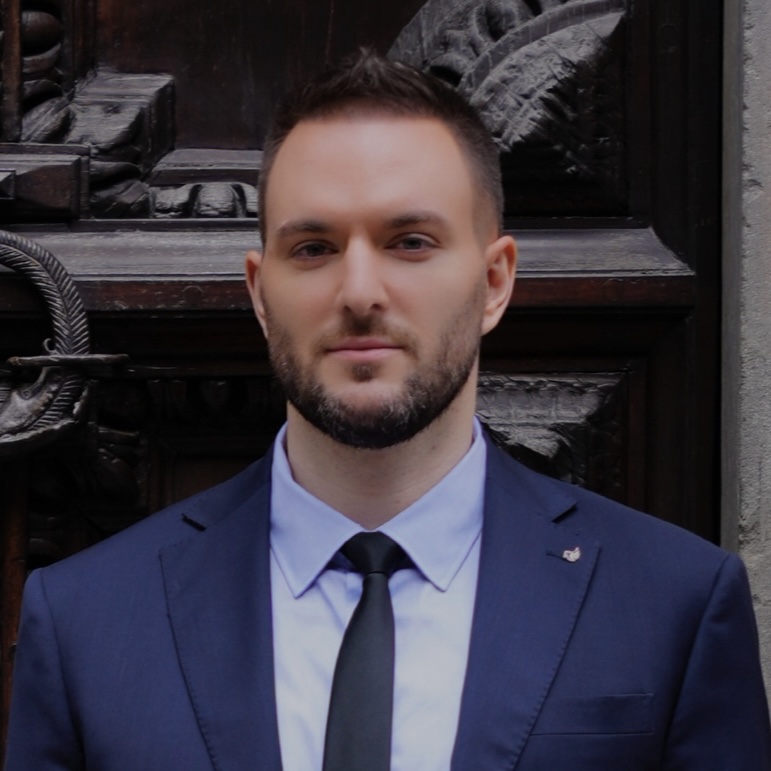“Acquiring knowledge is easy. The hard part is knowing what to apply—and when,” Steve Jobs once said.
The world is drowning in information: endless books, videos, podcasts. There’s always one more thing to learn, but Jobs exemplified that it didn’t matter how much we knew unless we acted on it—tested it in reality.
“You can’t connect the dots looking forward; you can only connect them looking backward.”
Steve Jobs
That moment you ship something imperfect, that’s when the real education begins.
1. The Arena Trumps the Classroom
Steve Jobs famously dropped in on a calligraphy class at Reed College after dropping out—no credit, no clear path—just curiosity. That choice echoed seventeen years later when, as he told Stanford’s class of 2005, “If I had never dropped in on that single course in college, the Mac would have never had multiple typefaces or proportionally spaced fonts.”
Jobs didn’t just gather information—he tested ideas in real life. The classroom for him extended far beyond lecture halls; it was in the hard work of design, iteration, and problem-solving. Whether tweaking a font, refining an icon, or engineering that breakthrough experience, he learned by being in the arena—by doing.
2. Experiential Learning: Ancient, Yet Radical
Aristotle said, “For the things we learn before we can do them, we learn by doing them”. Modern research confirms this: applied learning—through real-world projects—boosts retention and true competence. This isn’t academic—it’s transformative.
3. Take the Punches, Collect the Data
Are you afraid of looking foolish? Jobs urged us to stay hungry and stay foolish. Ship early, learn fast. Failure isn’t defeat—it’s another dot you’ll connect later.
He was fired from Apple—then came back with NeXT and Pixar, catalyzing Apple’s revival. Every scar was a lesson. Every stumble led to recalibration.
4. Time Is Limited—Use It
Steve warned:
“If today were the last day… would I want to do what I’m about to do today?”
We don’t have time to bury our lives in consumption. Real learning means applying what we know before the clock runs out.
Your Daily Lesson: Go to the Arena
- Pick one skill or idea you’ve studied but haven’t tested yet—whether it’s a coding framework, a design concept, or a marketing tactic.
- Today, build a super-simple “version 0.1” of it.
- Code a basic prototype
- Sketch a low-fi mockup
- Record a short pitch
- Write a quick blog draft
- Gather feedback immediately—even informal reactions count.
- Rapid prototyping research shows that early, low-fidelity versions let you catch real issues fast and iterate smarter.
- Reflect briefly:
- What surprised you?
- What failed—or succeeded?
- What did you learn that theory never taught?
- Repeat, refine, repeat. Iterate based on what you’ve observed.
- Studies find iterative cycles dramatically improve usability and understanding.
Yes, knowledge builds your potential, but applied knowledge builds your impact, and that requires bruises earned in the arena.
Real learning isn’t on the sidelines. It’s in the fight.
“Everything around you that you call life was made up by people that were no smarter than you. And you can change it, you can influence it, you can build your own things that other people can use.”
Steve Jobs
Go into the arena. Connect the dots. Create the knowledge others only read about.
What knowledge have you been sitting on that only action can validate?

Leave a Reply